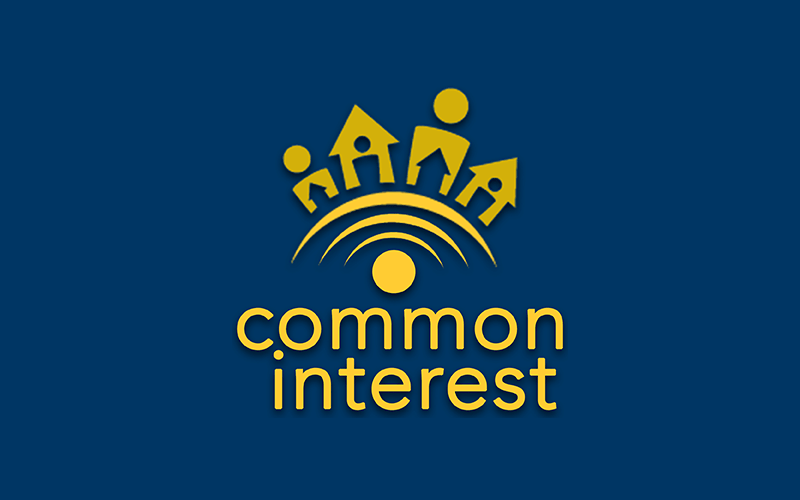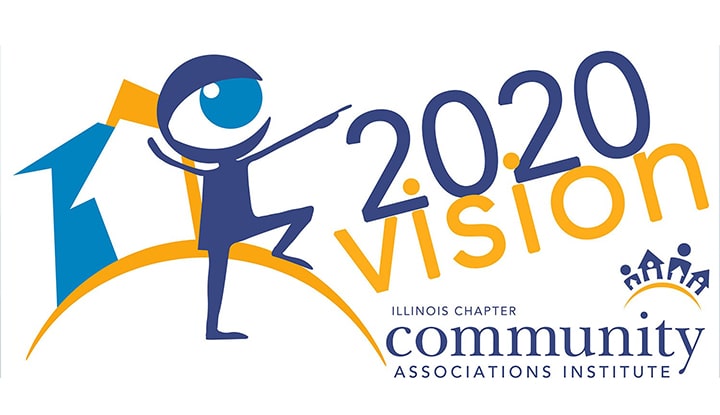If you’re one of the many looking to learn more about how to understand and implement the Condominium and Common Interest Community Ombudsperson Act, you won’t want to miss this session at this year’s Conference & Expo, presented by Keith Jones of Keay & Costello, and Jessica Towles of Lieberman Management Services.
Sign-up to attend this course and more at the 2019 IL Condo-HOA Conference & Expo!
Attendee Registration
What Is this and Why was it created?
The Condominium and Common Interest Community Ombudsperson Act (“Ombudsperson Act”) took effect on January 1, 2017 as a new law in Illinois. As stated in Section 10 of the Ombudsperson Act, a few of the reasons for which the Ombudsperson Act was created were for purposes of educating owners and board members within condominium associations and common interest community associations as well as well as to collect empirical data regarding alleged problems within these communities for the purposes of prioritizing reform efforts. Pursuant to the Ombudsperson Act, a Condominium and Common Interest Community Ombudsperson was appointed for the State of Illinois. Further information on the Ombudsperson can be obtained at the following website: https://idfpr.illinois.gov/ccico/
What is the Written Policy for Resolving Complaints and What must be in it?
According to Section 35 of the Ombudsperson act, as of January 1, 2019, every condominium association, common interest community association (except those exempt from the Common Interest Community Association Act), and master association in the State of Illinois must have in place a written policy for resolving complaints made by unit owners. The policy is for resolving complaints submitted by the unit owners of the association. The policy must include a sample form for owners to submit their complaints, provide a description on how owners can submit the complaint to the association, provide a description of how the association will make its determination of the complaint, and outline how and when the association’s final determination for the complaint shall be given to the owner.
What Does a Property Manager/Board need to do now?
Property managers and board members need to make sure that if their association is required to have a written policy in place under the Ombudsperson Act that such a policy is in place by January 1, 2019. Additionally, property managers and board members must make the written policy available to any owner upon request. Further, once a complaint is submitted by an owner, property managers and board members need to follow the written policy in reviewing and responding to the complaint.
How Does this benefit an Association?
At first glance, the requirement to adopt this written policy might just seem like another statutory burden that property managers and boards have to follow. A common question posed about this written policy requirement is why does an association have to adopt it? Beyond the simple answer, which is that this is required by law, adopting this policy has the possibility of benefitting everyone involved with an association. Owners with a legitimate complaint about the way their association is being operated have limited recourses they can take: they can file a lawsuit against their association, the board members and/or property manager, which can be time consuming and costly, or if their association is professionally managed they can file a complaint against the property manager with the Illinois Department of Financial and Professional Regulation. Adopting the Ombudsperson policy gives owners with complaints an additional alternative dispute resolution method. With this policy in place, legitimate association concerns can be raised by owners and resolved by associations without potentially expensive and costly litigation or governmental proceedings. Having this policy in place can also act as a deterrent in that if associations resolve complaints themselves, and take any corrective steps that may be necessary as a result of a complaint that is made, then these matters should be resolved internally in an efficient and cost effective matter. As a reminder, according to the Ombudsperson Act itself one of its purposes is to allow the State of Illinois to collect data regarding alleged problems within association communities to help guide the State’s reform efforts related to associations. If owner complaints can be resolved internally by associations without litigation and without involving one of the State offices, this could be seen as a positive by the State as it considers what, if any, reforms and regulations should be adopted related to association communities.




 CAI - Illinois Chapter
CAI - Illinois Chapter 
 Meaghan Bollenberg, CMCA
Meaghan Bollenberg, CMCA 


